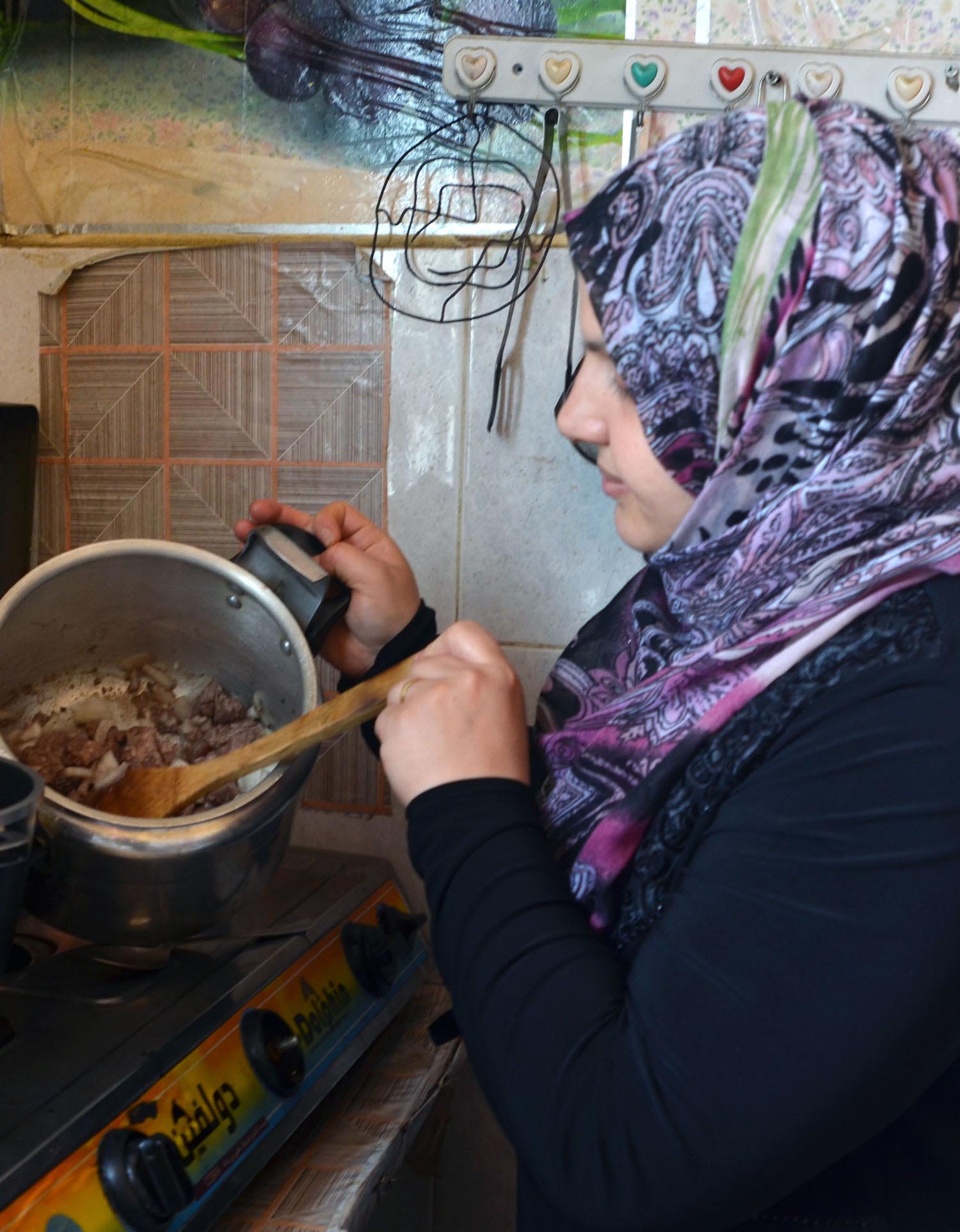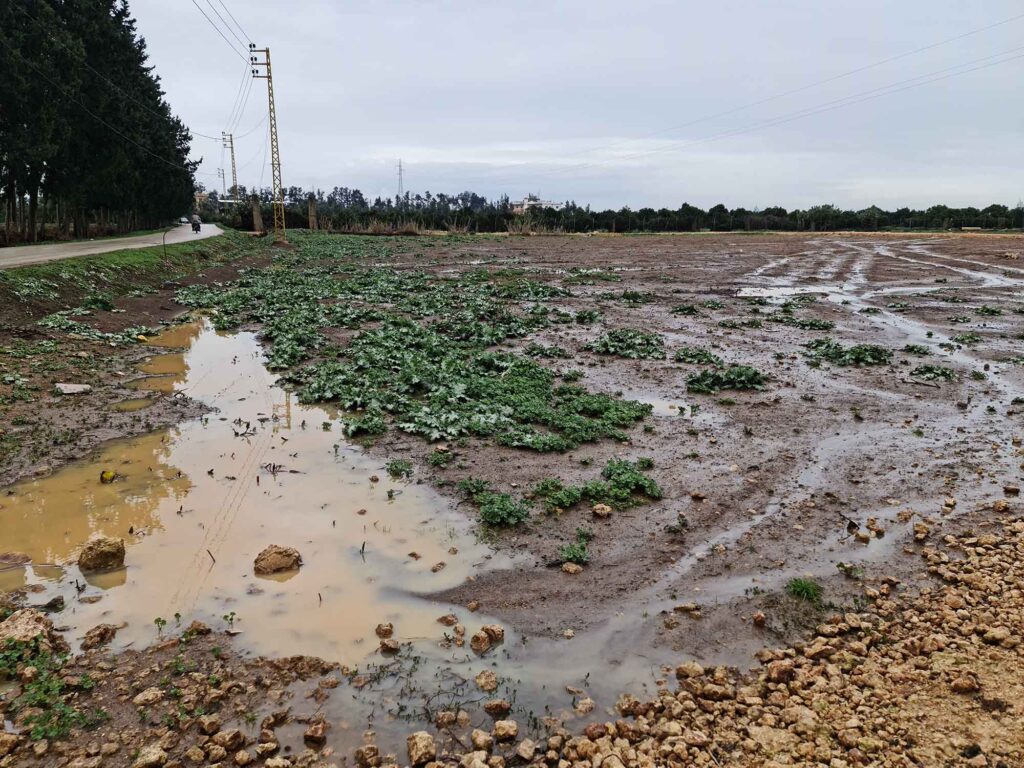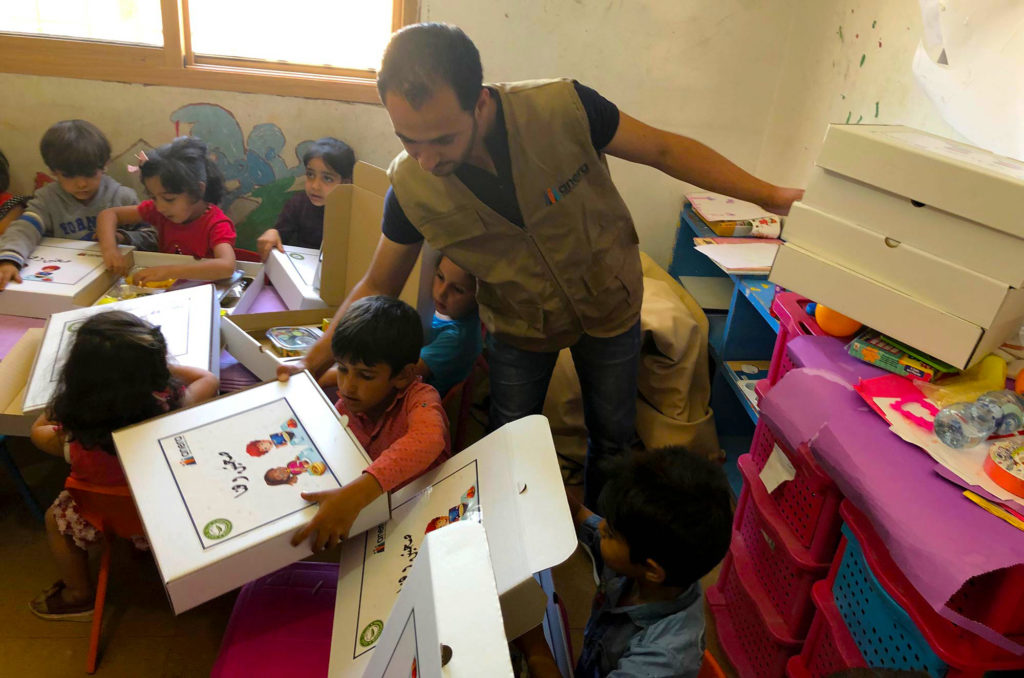Jun, 2017
After a particularly dreadful night in Homs, Syria, Basima and her family packed quickly and fled the country. It was 2013.
“We only packed our summer clothes because we thought we were only going to be gone for a short time,” says Basima. “We thought things would eventually calm down and we would be able to go back. But they never did.”
As she talks, her eldest child Malak shows off the summer dresses she brought from Syria. Basima has three daughters, including a newborn named Qamar, for the moon. “She is as beautiful as the moon,” says Basima. Together with her husband Mohamed and her in-laws, they live in Gaza.
When Basima’s family first fled Syria, they went to Egypt. There Mohamed and her father-in-law Omar tried to start a new business with the skills they brought from home. Mohamed used to paint handicrafts, and Omar ran a textile factory.
“Our residency in Egypt expired and we got deported. That’s how we found ourselves in Gaza,” says Omar. “Since then, we lost everything, and now we have become dependent on assistance.”
When they first arrived in Gaza, Omar tried again to make a living. With the little cash he had left, he opened up a small kiosk selling snacks and other convenience goods to beach-goers in Beit Lahiya. But less than a year later, the 2014 Gaza war broke out.
“After the 52 days of war, I went to check on the kiosk. Rodents had damaged it, and everything had been robbed.”
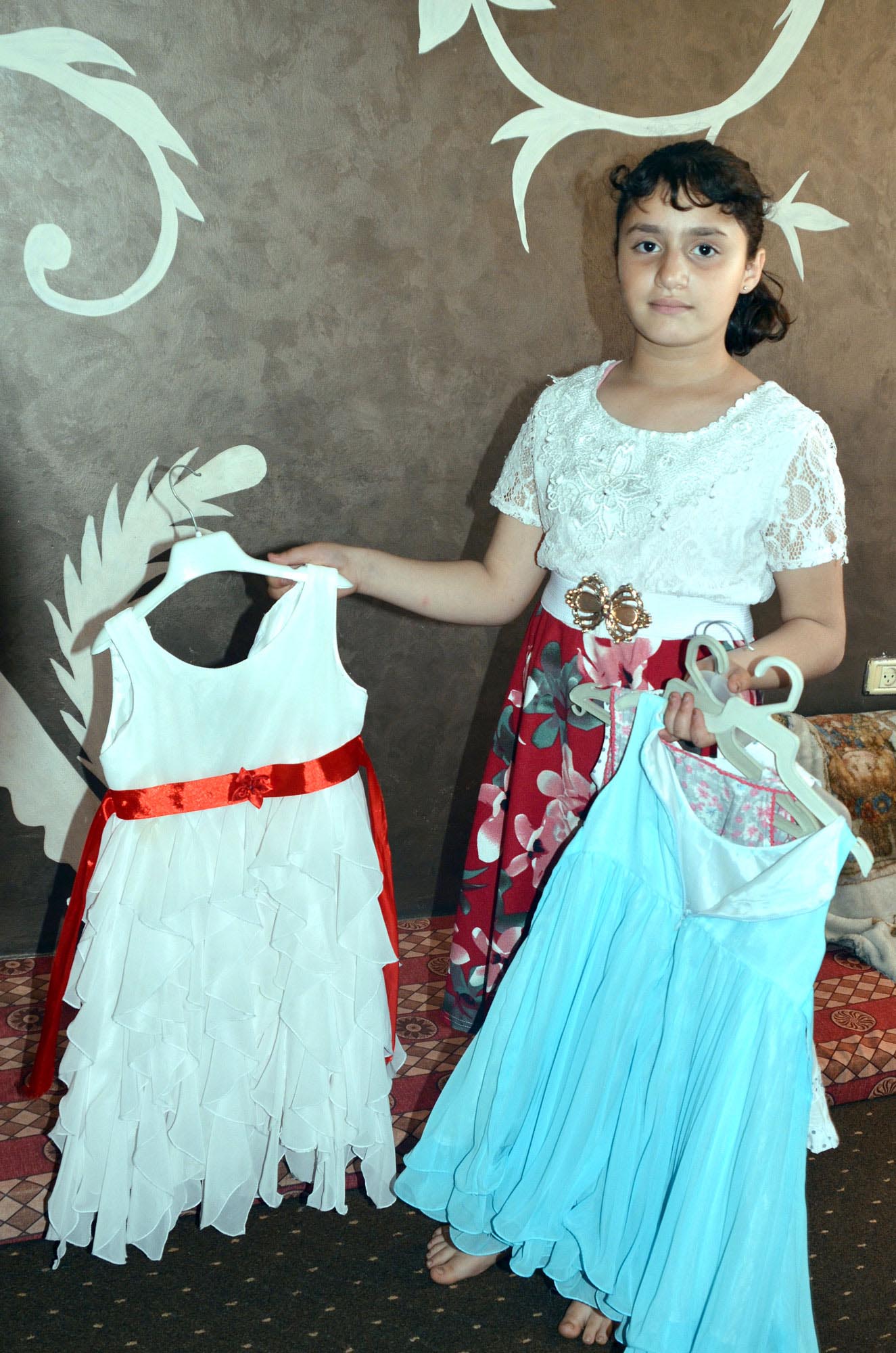

Basima is originally a Syrian and Mohamed is of Palestinian descent. They both said that they lived in a welcoming environment in Syria, and never faced discrimination.
She often reminisces about the good times, like the day she met Mohamed when she was hanging out with her girlfriends in a cafeteria. She says it was “love at first sight” that led him to propose.
One thing that brings fond memories of home is the simple pleasure of food. Basima grew up watching her mother cook, taking meticulous care to follow her recipes. “No one will give you a pass if you get the salt or spices wrong, and let alone the coffee making,” she laughs.
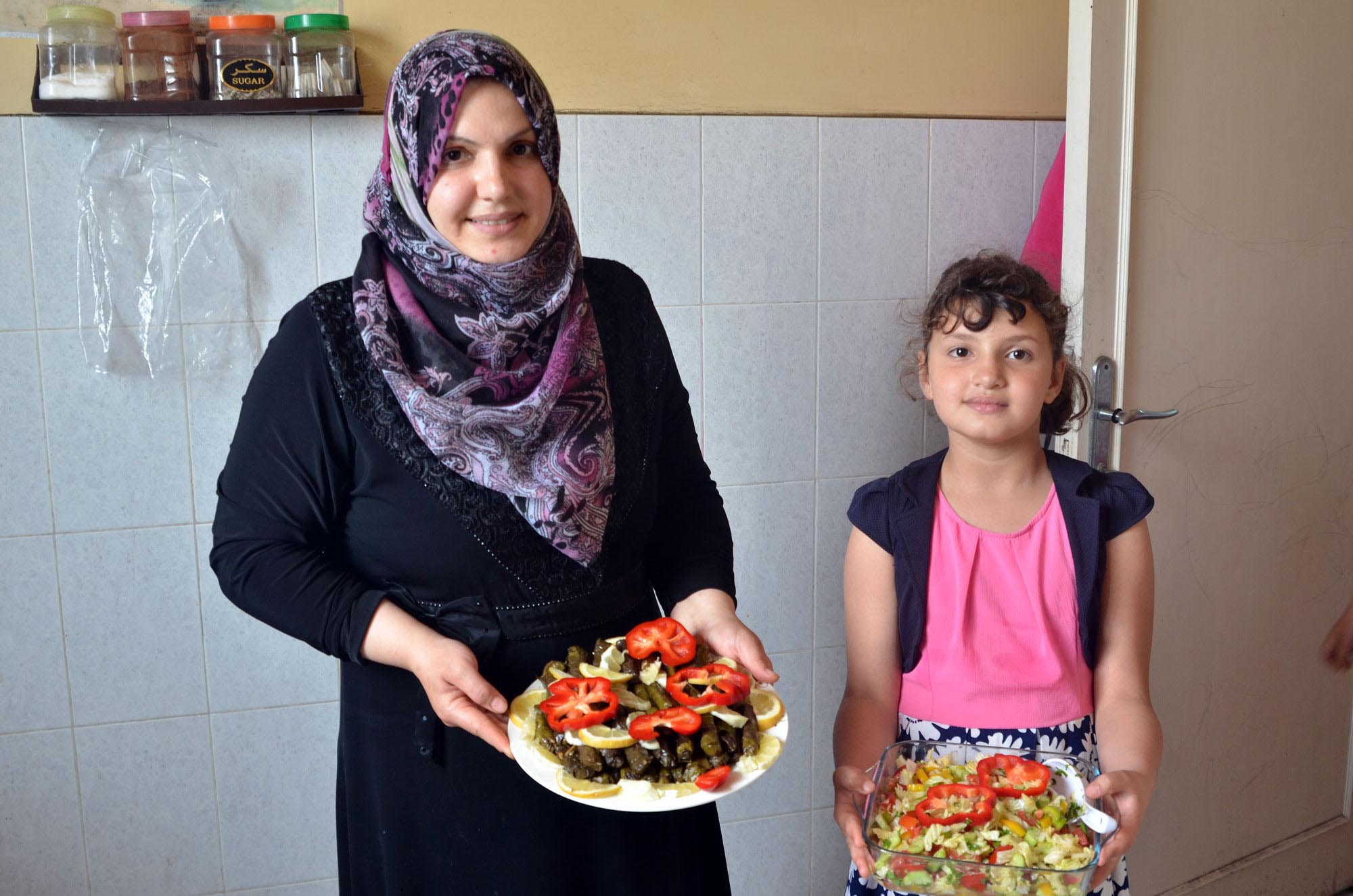

Below she shares with us her recipe for white bean stew, one of the Ramadan recipes she cooks to break long days of fasting. She pairs it with side dishes of yalanji (stuffed grape leaves), salad and rice with noodles.
“I don’t need many expensive ingredients to make my family happy. I can always find ways to cook delicious food. And we are all thankful for those moments when we are all huddled around one table to eat together.”
In her kitchen, Basima sighs deeply. “Recipes are the only thing I could bring with me. Whenever I feel nostalgic for those old sweet times in Syria, I cook something that takes me back. Food reminds me of home, family and love.”
Basima's White Bean Stew
Ingredients
1 lb of cubed beef
1 14 oz can white kidney (or Cannellini) beans
2 medium onions
2 medium to large tomatoes
2 T vegetable oil
2 T tomato paste
1 cup chicken broth
Salt, allspice, black pepper and cumin to taste
Preparation
Drain and rinse kidney beans. Chop the onions and tomatoes into small pieces. Heat the vegetable oil in a large pot and add the chopped onion. Fry until softened. Add the meat and brown on all sides. Add the tomatoes, kidney beans and some salt, black pepper and allspice to taste. Mix everything together.
Mix chicken broth and tomato paste together and add to meat and kidneys. Bring to a boil, then lower the heat to a simmer. Cover and cook for 45 minutes. At the end, add a splash of cumin.
Serve with rice. Sahtain!
